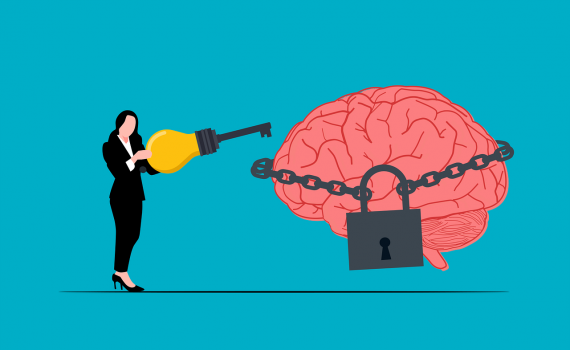Overcoming the Fear of Public Speaking with Hypnotherapy
Category : Uncategorized

Public speaking is one of the most common fears worldwide, often ranking alongside fears of heights or spiders. But what if there was a way to tackle this anxiety at its root—by reprogramming your subconscious mind? Hypnotherapy has emerged as a powerful tool to help individuals overcome the fear of public speaking. In this blog, we’ll explore how hypnotherapy works and how it can transform your confidence on stage.
Why Do We Fear Public Speaking?
The fear of public speaking, also known as glossophobia, often stems from:
- Fear of judgment or embarrassment.
- Negative past experiences, like forgetting words or being criticized.
- Overactive “fight or flight” responses triggered by stress.
While traditional methods like practice and coaching can help, they often don’t address the deep-seated causes of this fear. This is where hypnotherapy steps in.
What Is Hypnotherapy?
Hypnotherapy is a therapeutic technique that uses hypnosis to access the subconscious mind. In a relaxed state, your subconscious is more open to positive suggestions, allowing you to:
- Reframe negative beliefs about public speaking.
- Replace fear-driven thoughts with confidence and calmness.
- Build resilience against performance-related anxiety.
How Hypnotherapy Helps with Public Speaking Anxiety
- Identifying the Root Cause
Hypnotherapy sessions often begin by exploring the root cause of your fear. Is it a memory of a failed presentation? A fear of being judged? By addressing these hidden triggers, hypnotherapy can help you let go of emotional baggage. - Reprogramming Your Mind
Hypnotherapy works by replacing fear-based thoughts with empowering ones. For instance:- Instead of “I’ll embarrass myself,” you’ll start believing, “I’m prepared and confident.”
- Anxiety symptoms, like a racing heart or shaky voice, can be reprogrammed as excitement and energy.
- Visualization for Success
During hypnosis, you may be guided to visualize yourself speaking confidently in front of an audience. This mental rehearsal helps train your brain to associate public speaking with positive emotions rather than fear. - Relaxation Techniques
Hypnotherapy also incorporates relaxation techniques, teaching your mind and body how to stay calm under pressure. These skills can be applied before and during your presentations.
Benefits of Hypnotherapy for Public Speaking
- Improved Confidence: Develop a belief in your abilities to deliver engaging speeches.
- Reduced Anxiety: Learn to control physiological symptoms like sweating or a shaky voice.
- Enhanced Focus: Stay present during your speech, without being distracted by self-doubt.
- Long-Term Results: Hypnotherapy addresses the root cause, providing lasting relief from fear.
What to Expect in a Hypnotherapy Session
A typical session lasts 60 to 90 minutes and involves:
- Initial Consultation: Discuss your fears and goals with the therapist.
- Induction Phase: Enter a deeply relaxed state through guided breathing or visualization.
- Therapeutic Work: The therapist introduces positive suggestions and reframes negative beliefs.
- Conclusion: Gradual return to a fully awake state, feeling refreshed and empowered.
Most people see results after a few sessions, but some may feel a shift after just one.
Tips for Maximizing the Effects of Hypnotherapy
- Combine Hypnotherapy with Practice: Use your newfound confidence to practice public speaking in safe environments.
- Listen to Hypnosis Recordings: Reinforce positive suggestions with at-home audio sessions.
- Adopt Stress-Reduction Techniques: Incorporate breathing exercises, mindfulness, or meditation into your daily routine.
Is Hypnotherapy Right for You?
If you’ve tried traditional methods without success or feel that your fear stems from deep-rooted beliefs, hypnotherapy may be the solution you need. It’s a safe, non-invasive way to unlock your potential and transform your public speaking skills.
Take the First Step Towards Confidence
Don’t let fear hold you back from sharing your ideas and making an impact. Book a consultation with me today and take the first step towards overcoming your fear of public speaking.









